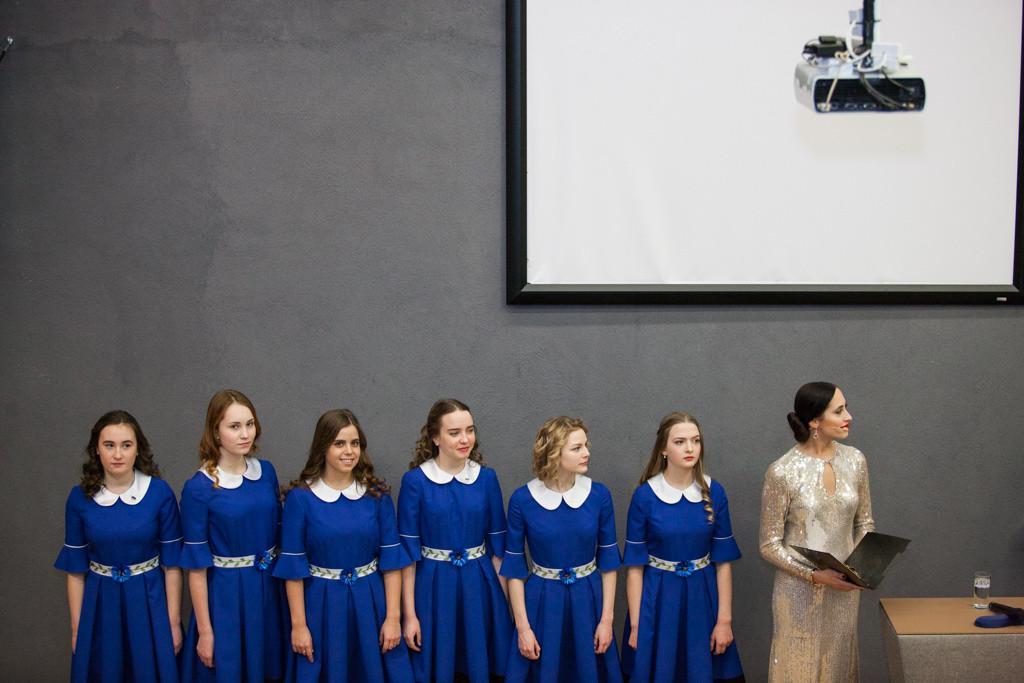The Estonian parliament on 12 December passed a bill pursuant to which the Estonian language will be the language of instruction in all schools and kindergartens across the country and a transition to Estonian-language schooling by Russian-language schools is to begin from the 2024-2025 school year.
The bill is aimed at the schools and kindergartens, where until now, the language of instruction was Russian – a legacy of the Soviet Union in a country with a large ethnic Russian minority (approximately 24 per cent of the population).
Kindergartens and grades one and four in primary education will be the first ones to transition to Estonian-language schooling in the 2024-2025 school year. From 2024 until 2030, in upper secondary education the proportion of a language other than Estonian in educational activities can be up to 40 per cent of the study volume.
Schools will be obligated to ensure a transition to Estonian-language schooling in grade 10 by the 2030-2031 school year, in grade 11 by the 2031-2032 school year and in grade 12 by the 2032-2033 school year at the latest. In vocational education, the amendments concern students studying according to the curriculum for vocational secondary education.
Principals and head teachers of educational establishments will be required to have a proficiency of the Estonian language at level C1 from 1 August 2023. Requirements for the qualification of educational staff will be updated with proficiency in the Estonian language from 1 August 2024.
In grades where instruction is to be provided in the Estonian language according to the schedule of the transition, the teacher must have a command of the Estonian language at level C1.

Other languages can be used for tutoring
Pursuant to the bill, educational activities that are not held in Estonian in classes where the mandatory language of instruction is to be Estonian must have a permission from the government starting from the 2024-2025 school year.
Other languages can also be used in tutoring and with students with special needs if an advisory team outside the school has recommended doing so.
The law lays down similarly to existing procedure that the school is to organise language and culture classes for basic school students whose first language is not Estonian and who do not speak Estonian at home if at least ten such students with the same first language wish to attend them.
The government-initiated bill geared at amending the Basic Schools and Upper Secondary Schools Act and other relevant laws was passed with 62 votes for and 16 against.

